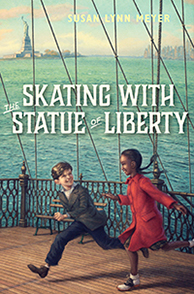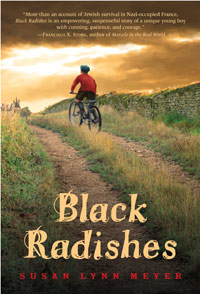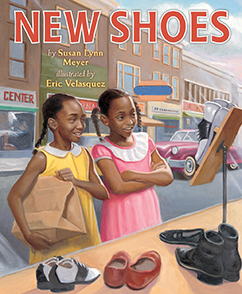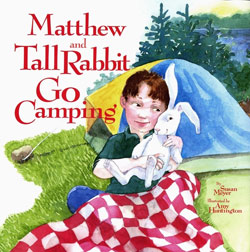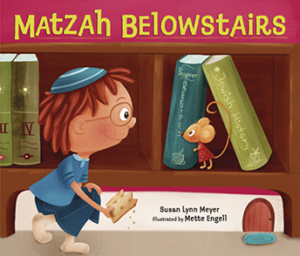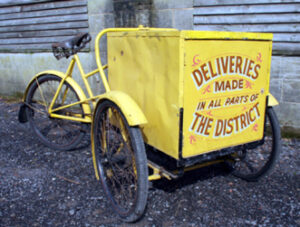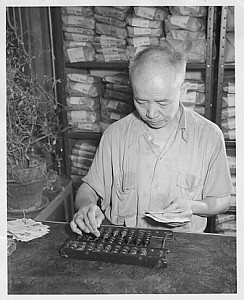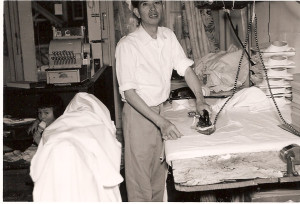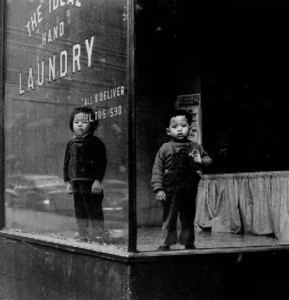For Readers of Skating with the Statue of Liberty: Mr. Quong’s Hand Laundry
In Skating with the Statue of Liberty, Gustave gets his first job in America working as a delivery boy for Mr. Quong’s Hand Laundry. This comes pretty directly from my father’s life–he too worked for the Chinese laundry across the street delivering packages of clean laundry on a giant tricycle.
I wish I had a photo of my father on the delivery tricycle, but his family had just come to America and I doubt if they even had a camera at that time. But here is what delivery tricycles looked like:
Lots of new Chinese immigrants worked in laundries in the 1940s. It was hard, exhausting work and involved very long hours. Most recent Chinese immigrants couldn’t speak much English. They didn’t have much money to start businesses with, and they faced racial discrimination in America. So many of them found that working in laundries was the best available job.
Some European-American laundry owners got upset about the competition from the Chinese laundries in the 1930s. In 1933, they got a law passed in New York saying that all laundries had to be owned by U.S. citizens. (And Chinese immigrants at this time could not become citizens.)
An organization called the Chinese Hand Laundry Alliance was formed to fight this law. They succeeded in getting it repealed. The Chinese Hand Laundry Alliance continued to fight in other ways for the rights of Chinese Americans.
In Skating with the Statue of Liberty, Mr. Quong has a “Hand Laundry.” A “hand laundry” was one where all the clothes were ironed by hand–and that was a lot of hard work too. Can you imagine how hot it must have been, in those days before there was much air conditioning, working in a laundry in the summer?
Delivering on a heavy, clunky delivery tricycle was hard work too. Gustave gets tired out from doing it.
By the 1950s, there weren’t nearly as many Chinese laundries anymore. Laundromats with coin-operated machines were becoming common. The children whose parents had operated the hand laundries went on to have different lives from their parents. Many studied hard and were able to go to college because of the labor and sacrifice of their parents. So more kinds of jobs became available to them as adults than had been the case in their parents’ generation.

